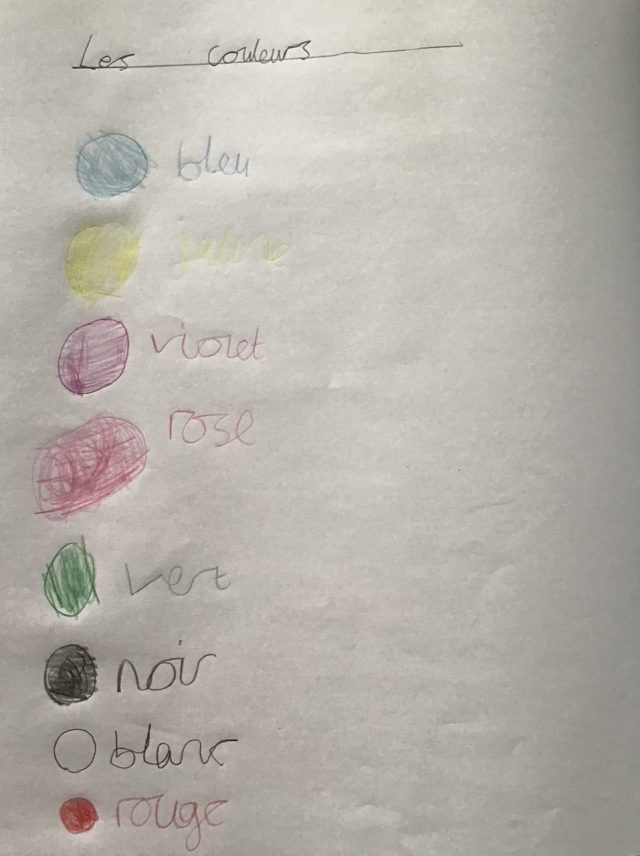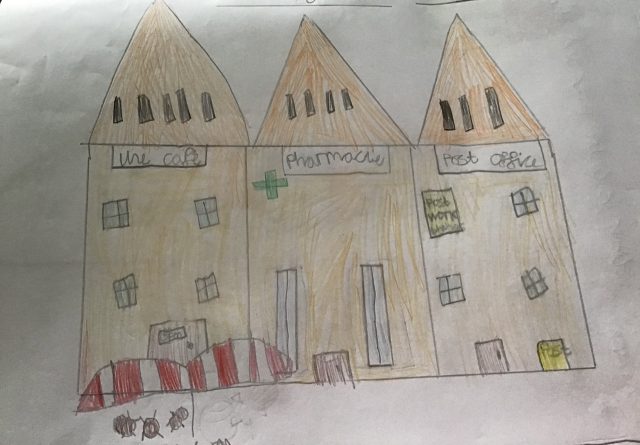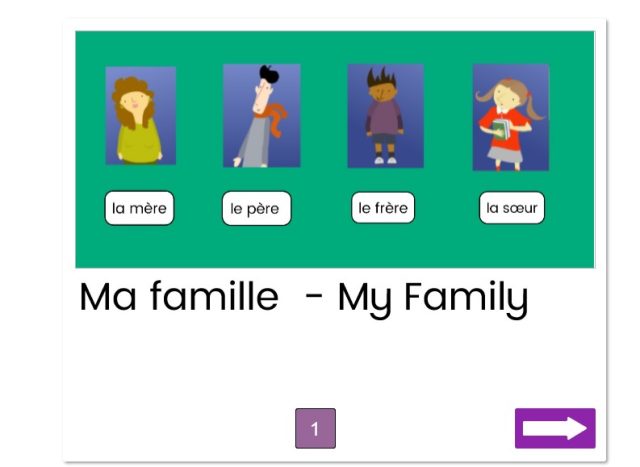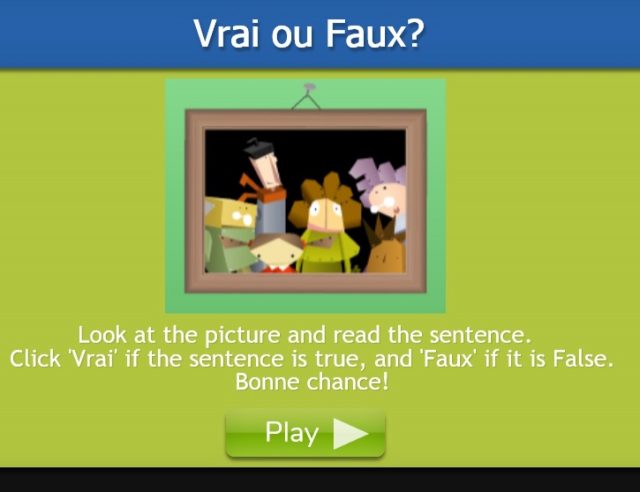We believe that learning a foreign language will provide pupils with an opening to other cultures, foster pupils’ curiosity and deepen their understanding of the world. It will enable pupils to express their ideas and thoughts in another language and to understand and respond to its speakers, both in speech and in writing. It will provide opportunities for them to communicate for practical purposes, and should provide the foundation for learning further languages, equipping pupils to study and work in other countries in the future. The teaching of another language will provide an appropriate balance of spoken and written language. It will enable pupils to understand and communicate ideas, facts and feelings in speech and writing, focused on familiar and routine matters, using their knowledge of phonology, grammatical structures and vocabulary. Over time pupils will speak with increasing confidence, fluency and spontaneity, finding ways of communicating what they want to say, including through discussion and asking questions, and continually improving the accuracy of their pronunciation and intonation. Children will be supported to close any gaps in their learning. Where children show high ability, talent and interest, they will be challenged. Every effort will be made to identify and lift barriers to learning. The subject will be presented as one to enjoy.
Languages ae currently taught by a non-specialist teacher using a range of creative resources to meet our curriculum intent and the aims of the statutory programme of study for KS2.
Pupils are taught to:
- listen attentively to spoken language and show understanding by joining in and responding
- explore the patterns and sounds of language through songs and rhymes and link the spelling, sound and meaning of words
- engage in conversations; ask and answer questions; express opinions and respond to those of others; seek clarification and help
- speak in sentences, using familiar vocabulary, phrases and basic language structures
- develop accurate pronunciation and intonation so that others understand when they are reading aloud or using familiar words and
phrases - present ideas and information orally to a range of audiences
- read carefully and show understanding of words, phrases and simple writing
- appreciate stories, songs, poems and rhymes in the language
- broaden their vocabulary and develop their ability to understand new words that are introduced into familiar written material, including through using a dictionary
- write phrases from memory, and adapt these to create new sentences, to express ideas clearly
- describe people, places, things and actions orally and in writing
- understand basic grammar appropriate to the language being studied, including (where relevant): feminine, masculine and neuter forms and the conjugation of high-frequency verbs; key features and patterns of the language; how to apply these, for instance, to build sentences; and how these differ from or are similar to English.
Assessment is being developed in line with national Curriculum aims. Children will have a natural curiosity and confidence to explore, other countries, cultures and languages, accepting that, in a multi-lingual society it is a valuable skill to be able to communicate effectively with others in another language. They will be open to, engaged with and well prepared to continue language learning at High School and in their home lives.











